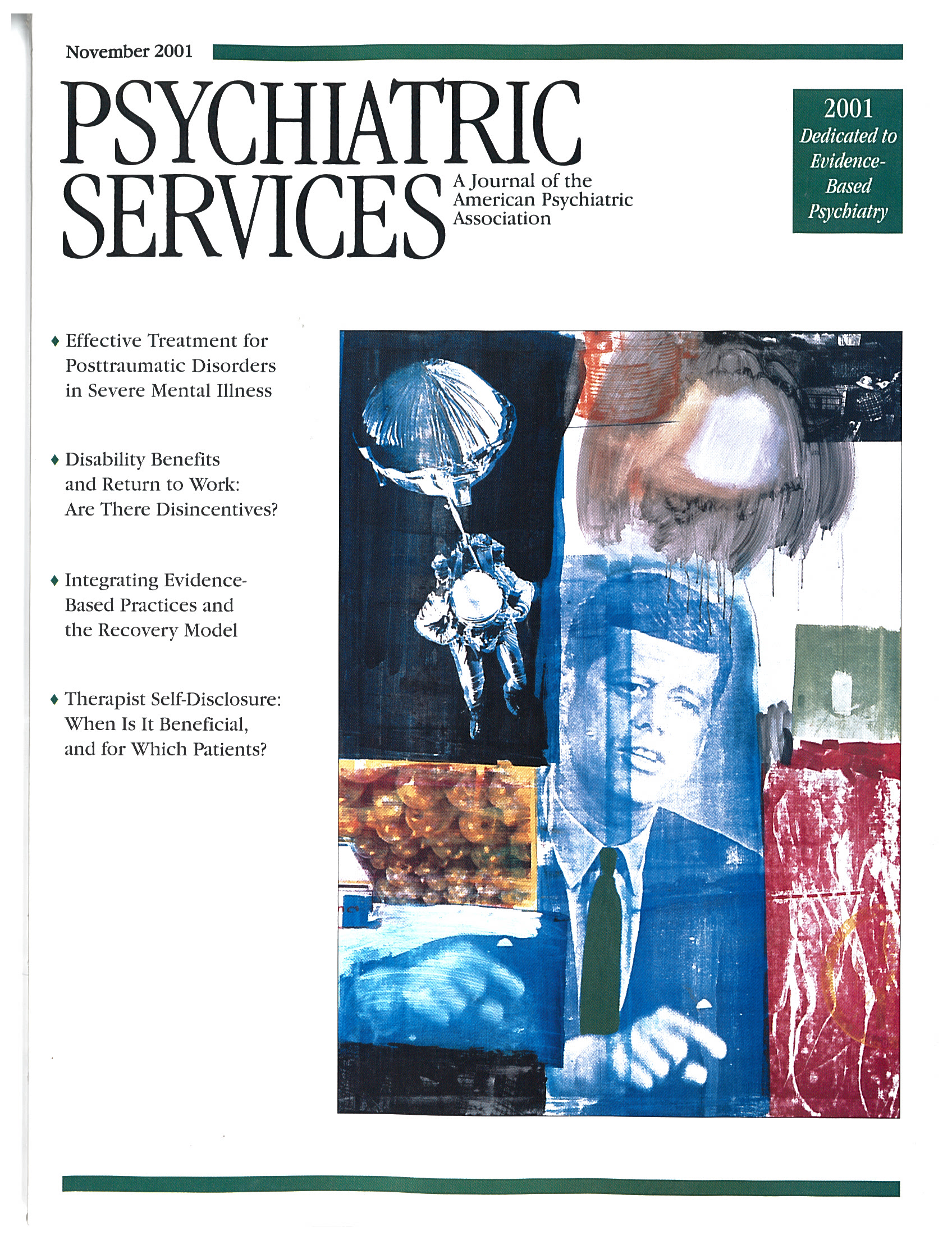This is a daunting book. It runs over 1,000 pages and contains 38 chapters with contributions from 106 different authors. The conceptual difficulty of the issues addressed make it impossible to skim the text meaningfully. However, for readers who are willing to make a serious effort, Rappaport and Seidman's Handbook of Community Psychology will provide rich rewards.
The book will be a useful reference for researchers working in the field of community psychology, and especially for those who need ready and convenient access to a state-of-the-art overview of community psychology research for grant applications and their own scholarly writing. The book will be of less interest to practitioners, but it is a sufficiently important work that it should be available to mental health professionals in most hospital and institutional libraries.
The editors, based respectively at the University of Illinois at Urbana-Champaign and at New York University, are among the most respected authorities in the area of community psychology, which enabled them to recruit a phalanx of community psychology experts drawn largely from U.S. psychology programs. The academic stature of the book's numerous authors is impressive, and their writing is generally clear. Rappaport and Seidman maintained sufficient editorial control that the reader can move from chapter to chapter effortlessly.
The editors' detailed introductions to each of the book's seven sections are especially helpful, and their comments frame the arguments made in each section's chapters. In general, the book's authors eschew grandiloquent theories and elaborate conceptual models, arguing instead that such all-encompassing schemata are rarely helpful "in a rapidly changing, open-system, multivariate, iterative social world."
There are at least a dozen handbooks of various sorts in my personal library, and they each sit on their respective shelves, lonely, unopened, and unused. To learn whether the Rappaport and Seidman volume was simply more of the same, I kept it on my desk for three months as a test of its utility and value. Surprisingly, I found myself using it frequently.
I prepared for a briefing on violence prevention for the director of the department of public health by reading relevant chapters; I read a section on "the new immigrants" before reviewing a grant proposal that addressed substance abuse prevention among Bosnian refugees; I read a chapter entitled "Action-Oriented Mass Communication" before submitting a proposal to the Centers for Disease Control and Prevention to develop a community education project aimed at reducing the incidence of fetal alcohol syndrome; and I prepared for various meetings with community leaders by reading chapters on religion in American life and on self-help groups. I also found the book extremely helpful in preparing lectures for a graduate course I teach on mental health policy.
In short, this Handbook of Community Psychology is an exceptionally useful tool for mental health professionals, and especially for those involved in research or teaching. It is a handbook in the original sense of the word—that is, it is a book that many readers will want to keep close at hand.

